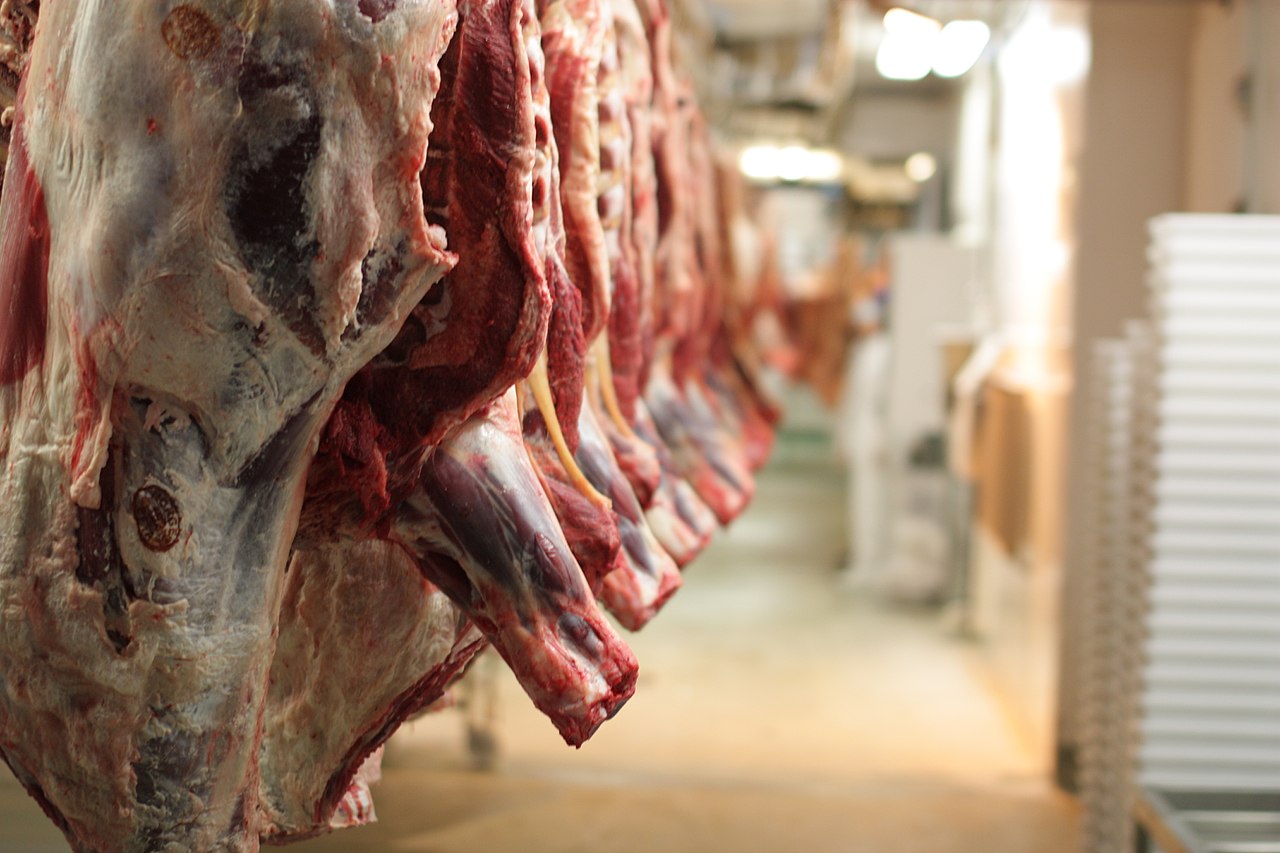
Earlier this year, Sen. Cynthia Lummis (R-Wyo.) became an original co-sponsor on a bill to declare that meat and poultry from all state-inspected slaughterhouses can be shipped throughout the country to be sold by grocery stores. Under current law, only meat and poultry from federally-inspected plants and facilities in a handful of states whose inspection programs have been certified under the USDA’s Cooperative Interstate Shipment Program are authorized for interstate commerce.
Eating contaminated flesh can cause serious medical conditions like E.Coli and Salmonella poisoning, and consumer groups in the Safe Food Coalition, like Food & Water Watch and Government Accountability Project, oppose the bill.
“The bill would force state governments to allow the sale of meat and poultry products inspected by state programs with questionable safety records, even if they believe federal inspection is the best way to protect their citizens against foodborne illness,” the group wrote in a 2018 letter from when the bill sponsors were seeking to add it to the Farm Bill. “[It] would seriously undermine the federal meat and poultry inspection system by making any and all federally inspected meat and poultry plants eligible to flee federal inspection in favor of less rigorous state inspection, and by permitting plants to switch back and forth between federal and state inspection programs at will.”
While she works on legislation like this in the U.S. Congress, Lummis is simultaneously a partner at Lummis Livestock Co LLC, a family beef cattle business operating in Cheyenne and Laramie County in Wyoming. In her 2020 financial disclosure, Lummis reported collecting $72,000 in income from the business and stated that her share in it is worth between $1 million and $5 million. In 2019, she disclosed $110,000 of income from the company.
The Senate’s ethics rules generally prohibit senators from serving on for-profit boards, but they don’t prevent them from holding other kinds of outside business positions and collecting income. However, another section of the ethics rules could conceivably apply to Lummis’ co-sponsorship of the meat deregulation bill, given her position with the family meat business. The rules’ conflicts-of-interest provisions state that senators can not knowingly use their position to introduce to aid the progress of legislation to benefit “only the pecuniary interest of a limited class of persons or enterprises, when he, or his immediate family, or enterprises controlled by them, are members of the affected class.”
In June, Lummis joined a bipartisan, bicameral letter calling on the Department of Justice to investigate if the consolidated meatpacking industry could be guilty of anticompetitive behavior that violates the antitrust laws. The meatpacking industry is dominated by four major players, and it has been well documented that the companies operate as regional monopolies and squeeze small cattle farmers like Lummis who have little choice but to accept their purchase offers. Lummis is also a cosponsor of the U.S.A. Beef Act, which would prohibit the labeling of cattle meat products as a “Product of U.S.A.” unless it is “exclusively derived from one or more cattle born, raised, and slaughtered in the United States.”
